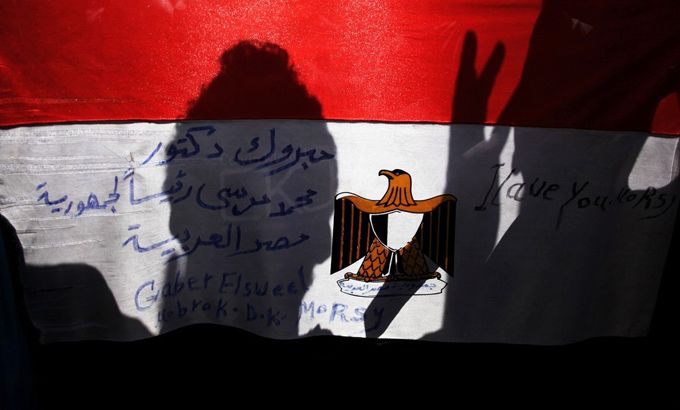
Egypt: A second republic?
After the first truly democratic elections in a generation, will Egypt become a secular, religious, or military state?
Making history at the epicenter of the Arab world, Egypt has democratically elected and inaugurated an Islamist and a former political prisoner as its new president.
For a moment the country can take a breath, as the daily grind of getting a country back to work takes over.
But while one issue is resolved, many others remain – the future of the parliament, a constitution still unwritten and a military that seems determined to hold on to control of much of the Government and a substantial segment of the country’s economy.
|
GUESTS
INTERVIEWEES
|
“This victory lacks many things and is marred in particular by what’s called the additional constitutional declaration – which is unconstitutional,” Abdel-Moneim Aboul-Fotouh, a popular politician and ex-presidential candidate, told Empire.
What are the plans of Mohamed Morsi, Egypt’s new president? He may have described his vision for the first 100 days, but it will take much more than a vision to make change happen. And it will take more than a one-term presidency to shape the politics of Egypt in the coming years.
How will Morsi’s relationship with the Supreme Council of the Armed Forces (SCAF) play out? Where in all of this debate are the voices of those who led the march in Tahrir?
Can the new government live up to the promise of the revolution? And will there be conflict or confluence between the Brotherhood and the military?
Empire finds out.
|
